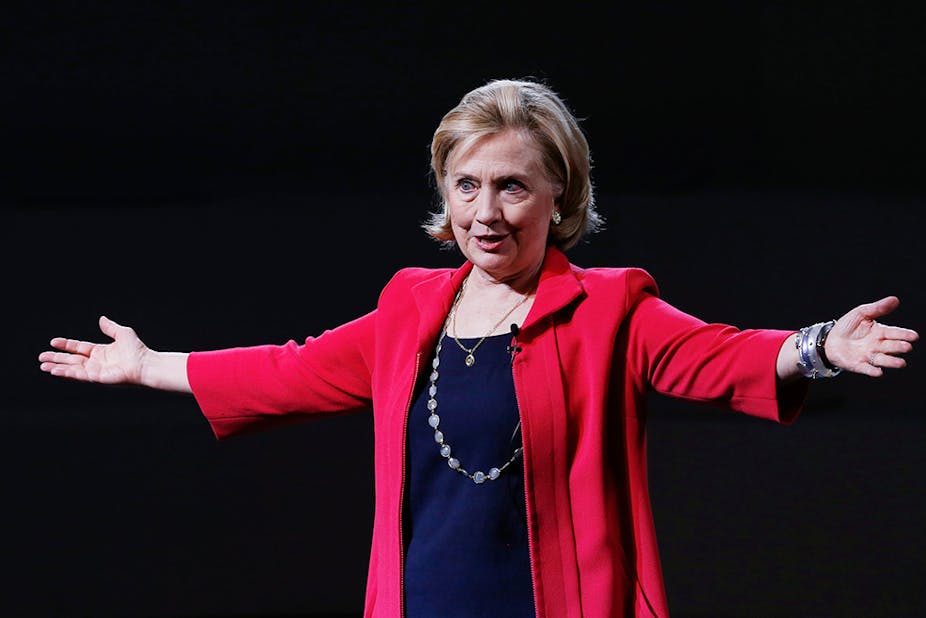The Dodd-Frank Act is the Obama Administration’s cornerstone financial reform legislation, but even after several years it remains only partially implemented and subject to collective shrugs and head-scratching from many corners.
Was the reform package too expansive or not comprehensive enough? Does it fatally limit the ability of American financial institutions to compete in the international markets or leave the government on the hook for future bailouts when the “casino capitalists” get it wrong?
The old chestnut goes that there are two things Congress does right – nothing and over-react. The history of Wall Street regulation over the past century can appear at times to take those words almost too much to heart.
Dodd-Frank was clearly a product of the fears and doubts that were sown in the months immediately following the start of the global financial crisis in 2008.
Still basking in the glow of his historical election, President Barack Obama was keen to include financial reform alongside his legislative triumph on health care. The statutory language of Dodd-Frank is both voluminous and minutely detailed. Rather than a systematic “re-think” of how Wall Street firms should be supervised, the act consists of a series of amendments and adaptations – some relatively superficial, other more invasive – that are plastered on top of the pre-existing regime, which from a structural standpoint continues on largely as it stood pre-crisis.
Unsurprisingly, as Obama’s grip on Capitol Hill inevitably receded in the years that followed and the US economy continued to lurch sideways rather than re-embrace growth and recovery, Republican legislators began launching direct attacks on Dodd-Frank. To the GOP faithful, the reforms have impeded the ability of American business to get the capital that it needs to expand and create more jobs. In the current Congress, attempts were quickly made to repeal parts of Dodd-Frank, but Democrats, led by populist champion Senator Elizabeth Warren, have been able to prevent the rollback from gaining traction.
The question then becomes, with Hillary Clinton’s formal declaration this past week that she will be running for president, how will she impact the ongoing tug-of-war over Dodd-Frank’s future?
Earlier this year, Clinton staked out an encouraging position for the pro-Dodd-Frank camp in a tweet that stated, “Attacking financial reform is risky and wrong.” Good enough for some, but doubts remain over how fervent President Clinton would be in her support of meaningful restraints on Wall Street since – ahem - candidate Clinton enjoys tremendous support from large segments of Wall Street.
Awkward, perhaps, but it is not uncommon to see successful politicians build up important networks among the country’s financial elite. In fact, candidate Obama did quite well raising funds from investment banks and private equity and hedge fund firms in 2008, although somewhat less well in 2012 after Dodd-Frank had become the law of the land.
Clinton’s success raising money from Wall Street stretches all the way back to her first stint in the White House, as First Lady, and has continued virtually non-stop since then, whether in or out of public office. So far, attempts by Clinton to occasionally adopt Warren-esque language attacking the financial bigwigs has sounded off-key and forced. Her natural position on the pitch appears to be one in which she can maintain a centrist tone similar to her husband’s – that is to maintain the support of wide sections of Wall Street while still managing on occasion to rally around those liberal concerns that resonate strongly on Main Street.
This week, Clinton wrote an article in Time magazine praising Warren. She pointed out how the senator from Massachusetts effectively holds “people’s feet to the fire” when it comes to important issues. Given the complexities of modern financial markets and the great speed with which they evolve to address new opportunities, financial reform must be a continual work-in-progress. Believing that Dodd-Frank was a “one and done” regulatory quick-fix is a mistake. Both the aspects of Wall Street not currently addressed by these reforms, as well as changes actually made and implemented since 2010, must be open for continued re-examination and re-evaluation.
We shouldn’t forget that only two years after signing Dodd-Frank into law, President Obama – contrary to the wishes of many within the Securities and Exchange Commission – adopted the so-called JOBS Act that greatly liberalized a number of the rules surrounding initial public offerings and private placements of securities.
A former New York senator, Clinton is well-known to many of the key decision-makers on Wall Street. As her rhetoric is fine-tuned during the Democratic primaries and into the general election next summer, it will be interesting to see how her thoughts on Dodd-Frank and policing bankers change in response to challenges from both the left and the right.
Financial regulation is a moving target. A willingness to adapt and evolve in face of the adaptations and evolutions of the markets and its various participants is, therefore, actually quite a good thing.

